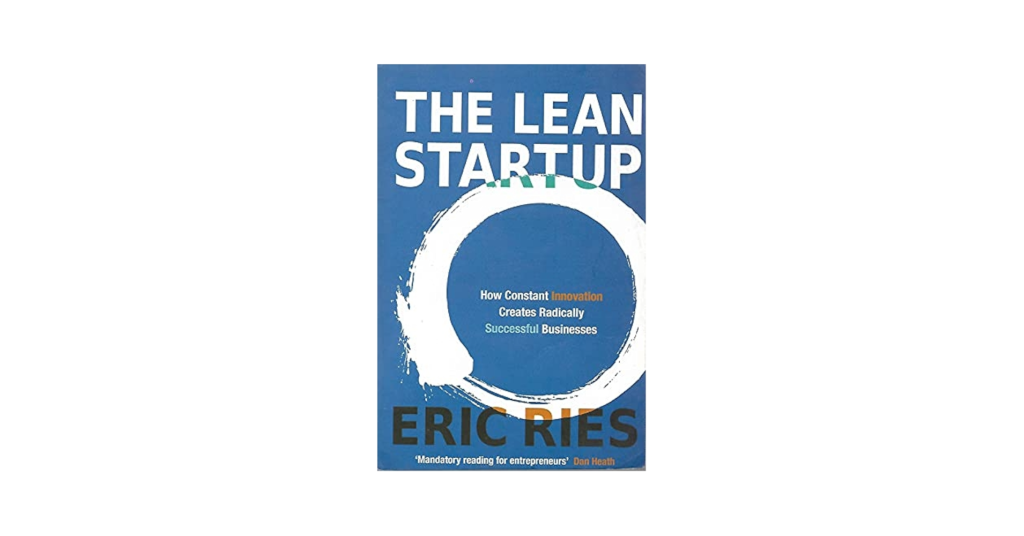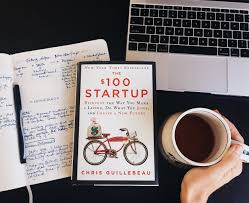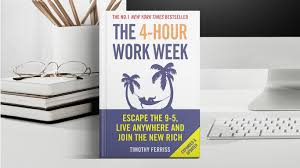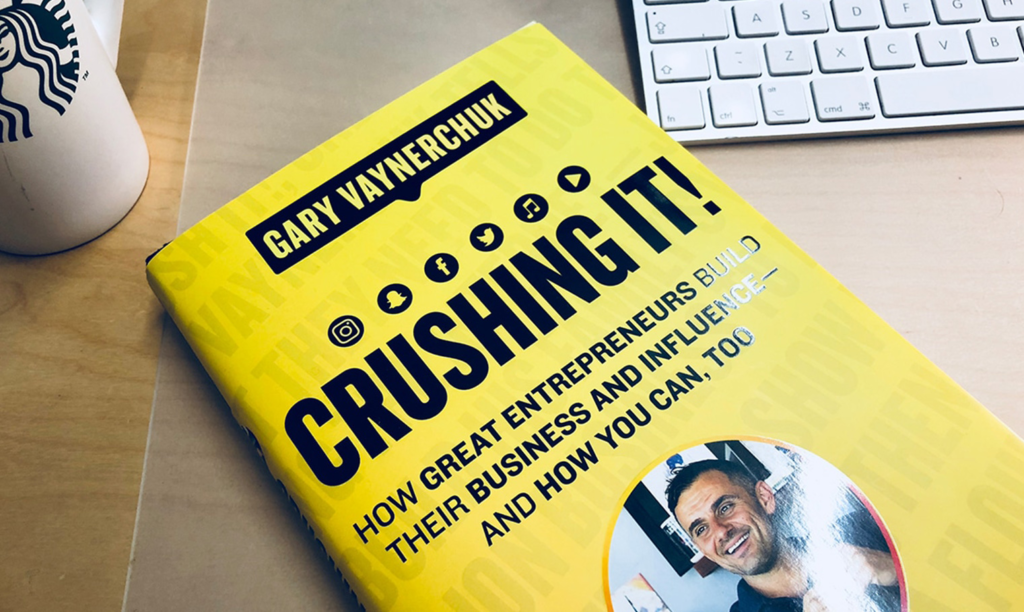The Role of Books in Education
Books play a crucial role in learning and self-development. Whether in physical or digital format, they provide valuable knowledge and insights across various subjects. At AnpadhSarthi.com, we believe that reading is an essential part of education. Our platform offers a vast collection of books across different categories, catering to students, professionals, and book enthusiasts.
Reading Tips & Habits
1. Set a Reading Goal and Transform Your Learning
Setting a reading goal can help you stay motivated and make consistent progress in your educational journey. Here’s how you can do it:
- Define Your Objective – Whether you want to improve knowledge in a particular subject or develop a new skill, having a clear goal will keep you focused.
- Choose the Right Books – Pick books that align with your interests and learning needs. AnpadhSarthi.com offers a variety of options to suit different readers.
- Set a Daily or Weekly Target – Decide how much time you can dedicate to reading each day or week to ensure steady progress.
- Track Your Progress – Maintain a reading journal or use digital tools to track your progress and reflect on key takeaways.
- Stay Consistent – Develop a habit of reading regularly to enhance your knowledge and broaden your perspective.
2. Create a Reading Schedule
Having a structured reading schedule ensures that you make steady progress in your learning journey. Here are some tips to create an effective reading plan:
- Assess Your Available Time – Identify time slots in your daily routine when you can dedicate at least 20-30 minutes to reading.
- Set Realistic Goals – Break down your reading into manageable chunks, such as one chapter per day or 50 pages per week.
- Prioritize Reading Over Distractions – Reduce screen time on social media or TV and allocate that time to reading instead.
- Mix Up Your Reading Materials – Alternate between different genres to keep your reading engaging and diverse.
- Use a Planner or App – Utilize a reading planner or digital apps to schedule your reading time and track your progress.
3. Choose the Right Books for Effective Learning
Selecting the right books is essential to maximize learning and personal growth. Here’s how you can choose books that align with your needs and interests:
- Identify Your Learning Goals – Determine what you want to achieve, whether it’s improving knowledge in a specific subject, preparing for exams, or developing new skills.
- Explore Different Genres – Diversify your reading by exploring different categories, such as self-help, fiction, biographies, and academic textbooks.
- Read Reviews and Recommendations – Check book reviews, ratings, and expert recommendations to make informed choices.
- Start with Beginner-Friendly Books – If you’re new to a topic, begin with introductory books before moving on to advanced materials.
- Balance Between Fiction and Non-Fiction – Fiction enhances creativity and empathy, while non-fiction provides factual knowledge and insights.
- Find Books That Keep You Engaged – Choose books with compelling content and an engaging writing style to maintain interest.
- Browse AnpadhSarthi.com – Our platform offers a wide range of books, ensuring that you find the perfect reading material for your educational journey.
4. How AnpadhSarthi.com Supports Learning
- Wide Collection of Books – From academic textbooks to self-help guides, we offer books that cater to diverse learning needs.
- Affordable Prices – We provide books at budget-friendly rates, making education accessible to all.
- Easy Online Access – Our user-friendly website ensures a seamless shopping experience for readers.
- Books for Competitive Exams – We help students prepare for UPSC, SSC, Banking, and other government exams with relevant study material.
Conclusion
Education is a powerful tool that shapes lives and societies. By choosing the right books, setting a reading goal, and creating a structured reading schedule, you can make learning a lifelong habit and accelerate your personal growth. At AnpadhSarthi.com, we are committed to making quality books available to everyone, ensuring that learning never stops.











